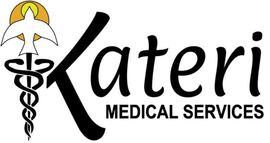|
Our Most Challenging Project: Diocese of Kebbi In June 2020, we began a discussion with the Anglican Diocese of Kebbi to help with their medical missions. After much discussion and due diligence,we agreed on a plan. We are moving ahead slowly and steadily with the plan. I. THE CHALLENGEKebbi State has some of the worst child and maternal health indices in Nigeria. In a population of about 4.4 million, an estimated 30 newborns and 100 children under five years of age die every day accounting for an under-five mortality rate of 252 per 1,000 births. The malaria prevalence rate for children under five is 56%. Kebbi has one of the lowest vaccination rates (6%) for children in rural areas. Kebbi is one of the two states with the worst rates of child stunted growth. Maternal health indices are also daunting: 71% of pregnant women never receive prenatal care; 91% deliver babies at home; fewer than 10% have skilled attendance at birth. In response to these challenging realities, the Kebbi Anglican Diocese has opened three clinics in rural areas which have no other medical facilities. The local volunteers at these clinics have done their best with minimal education and meager financial resources. The Diocese of Kebbi requested our help to increase the effectiveness of these three clinics. II. THE PLANStep 1: Provide education for the existing clinic workers in three areas: a) maternal and newborn health, b) child health, and c) reproductive health and family planning. Step 2: Hire already trained CHEWs (Community Health Extension Workers) to work with existing workers. Step 3: Recruit young people to be educated outside Kebbi and return to work at clinics. Step 4: Build new clinics to replace the inadequate physical structures. III. PROGRESSWe have commenced Step 1. We hired unemployed community health workers to work with the existing workers. The health workers at two health facilities have received some in-service training in the areas of maternal and newborn health, and family planning. We will continue to train these health workers until they all are deemed competent in the care of mothers, newborns and children, and in providing essential family planning services. Images: Local students and community health workers learning practical skills. We have commenced Step 1. We hired unemployed community health workers to work with the existing workers. The health workers at two health facilities have received some in-service training in the areas of maternal and newborn health, and family planning. We will continue to train these health workers until they all are deemed competent in the care of mothers, newborns and children, and in providing essential family planning services. We have also offered scholarships to indigenous youth to study at a local school of health science and technology with a requirement that they will return to work at our health facilities, which are currently at the level of health posts. IV. NEXT STEPSWe are now in conversation with the Diocese of Kebbi and other key players to determine the next steps necessary for the building of new structures that will replace the current dilapidated ones. We hope to have completed at least one of the structures before the end of 2022 and have all the sites completely replaced with new functional structures in 2023.
0 Comments
Leave a Reply. |
NewsCategories
All
Archives
December 2023
|
|
|
|
© 2024 Kateri Clinic. All rights reserved.
Webdesign by PluginMatter.
Webdesign by PluginMatter.
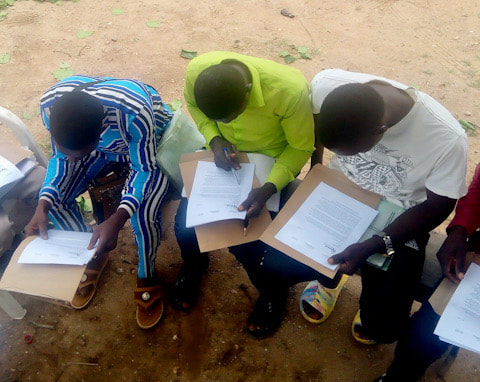
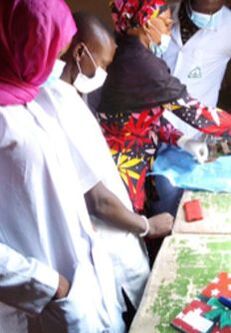
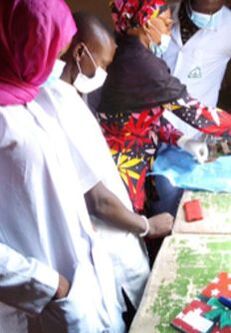
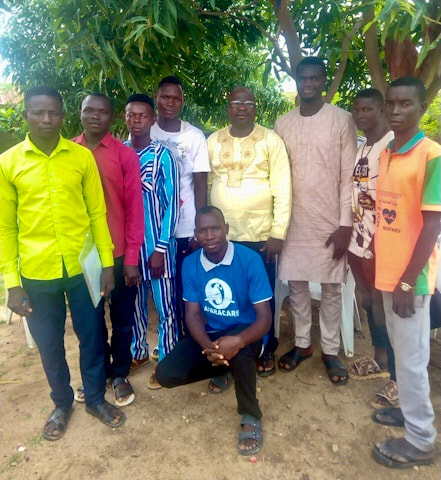
 RSS Feed
RSS Feed
